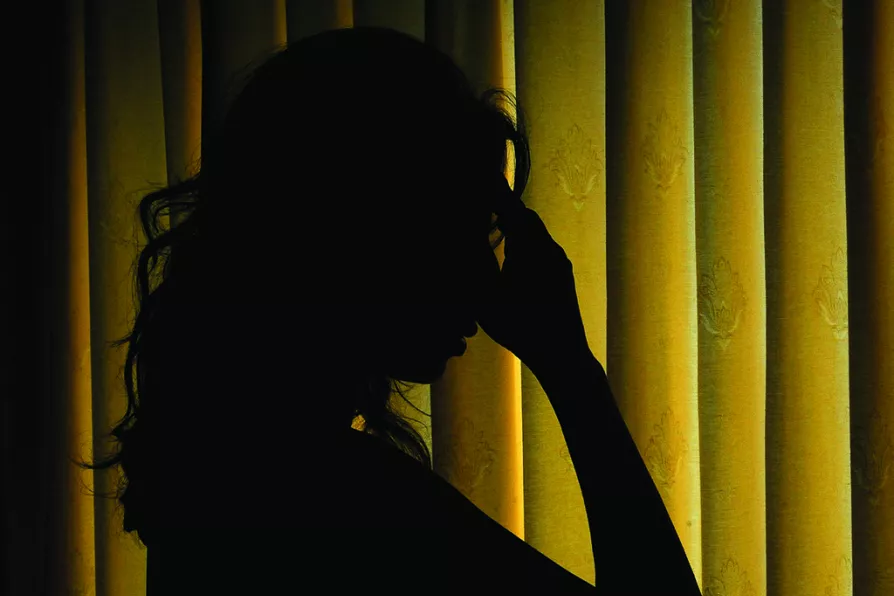Rubio's disturbing speech in Munich exposed the West's brutal plans — more imperialism, more colonialism, more white supremacy, says ROGER McKENZIE


NOW that fines are being reinstated for non-attendance of school this autumn, education in England will once again be compulsory.
Education Secretary Gavin Williamson has announced a £1 billion fund which will help with England’s pupils’ learning while also instituting the creation of “bubbles”— class size limits — meant to mitigate the spread of the novel coronavirus.
While many parents worry of the dangers that exposure to Covid-19 presents both to their children and their own health, many parents around Britain express concern about the quality of education that is available to children through long-distance learning as well as the the ramifications of one parent having to give up her career and autonomy were lockdown to be extended throughout the coming school year.

CHRIS SEARLE speaks to Ethiopian vocalist SOFIA JERNBERG

In his Aw That column MATT KERR looks, with dejection, at the opportunities squandered in the 80 years since Victory in Europe











